You may have heard of Sleep Apnea. Maybe this is something you or somebody you know has personally suffered from. If you haven’t this is a very unpleasant sleep condition. For today’s post What Is The Danger Of Sleep Apnea, I will explore this health condition further, and look at possible ways to help get this under control.
There are 3 different types of sleep apnea. This for anyone not familiar (you have probably guessed) is a sleeping disorder.
It is also a very dangerous condition to have because you stop breathing whilst you are asleep ?
According to Restmed.com an unbelievable, nearly 1 BILLION people worldwide suffer from Sleep Apnea.
Many may not even know that they have it. The scary truth is that you could be reading this right now and suffer from sleep apnea but not even realize it. I hope not but anyway – So, Let’s dive in and learn a bit more about this condition…
What Is The Danger Of Sleep Apnea – The Shocking Truth!
Sleep apnea causes you to stop breathing repeatedly while you sleep. These breathing pauses or “apneas” can last anywhere from 10 to 30 seconds, and can happen many times throughout the night. ?
The Three Different Kinds of Sleep Apnea
Obstructive Sleep Apnea
This is the most common type of sleep apnea. What happens is the upper airway gets blocked during sleep.
Often, the blockage happens when the soft tissue in the back of the throat collapses and closes during sleep. Relaxed throat muscles, a narrow airway, a large tongue, or extra fatty tissue in the throat can also cause a blockage in the airway.
Central Sleep Apnea
Central sleep apnea is a rare form of sleep disorder, which occurs when your brain doesn’t send the proper signals to the muscles that control breathing, when this occurs you stop breathing
Complex Sleep Apnea Syndrome
Complex sleep apnea is also known by the name (treatment-emergent central sleep apnea), which occurs when someone has both obstructive sleep apnea and central sleep apnea
Symptoms Of Sleep Apnea – What To Look For
Somebody would need to tell you about the following;
- Your breathing stopping and starting
- If you snore so loud it wakes you up
- If you wake up a lot during the night
- If you make choking, gasping or snorting noises.
- You find it difficult to stay asleep
- Waking up with a very dry mouth
In the daytime you may have these symptoms :
- You suffer from mood swings
- You have a headache when you wake up
- You have trouble with concentration
- You feel very tired in the daytime.
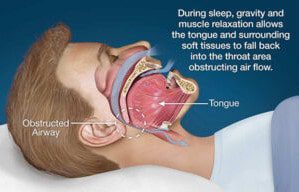
Getting Diagnosed – The Usual Process
It is extremely important to get diagnosed and start treatment as soon as possible.
If somebody has witnessed what happens when you are sleeping, make sure to take that person with you.
The doctor is likely to refer you to a sleep disorder clinic. There, a sleep specialist can discuss options with you to determine how severe it is.
You will be observed overnight, at a sleep centre, you’re breathing and other body functions will be monitored while you sleep.
Home sleep testing may also be an option.
Tests to detect sleep apnea include:
- Nocturnal polysomnography. During this test, you will be hooked up to equipment that monitors your heart, lung, and brain activity, breathing patterns, arm and leg movements, and blood oxygen levels while you sleep.
- Home sleep tests. Your doctor might provide you with a simplified test to be used at home to diagnose sleep apnea. These tests usually measure your heart rate, blood oxygen level, airflow, and breathing patterns. If the results are abnormal, your doctor might be able to prescribe a therapy without further testing.
- Portable monitoring devices don’t detect all cases of sleep apnea, however, so your doctor might still recommend polysomnography even if your initial results are normal.
If you have obstructive sleep apnea, your doctor might refer you to an ear, nose, and throat specialist to rule out a blockage in your nose or throat. An evaluation by a cardiologist or a doctor who specializes in the nervous system (neurologist) might be necessary to look for causes of central sleep apnea.
Treatments That Can Help With Sleep Apnea
i.) Continuous Positive Airway Pressure (CPAP)
For people who have milder cases of sleep apnea, your doctor may recommend some life changes, such as losing some weight or stopping smoking. If you have allergies that affect the nose, your doctor will recommend a treatment for your allergies.
If your apnea is on the moderate to severe side, a number of other treatments are available.
Certain devices can help to open up a blocked airway. In other cases, surgery may be the only option.
ii.) Therapies for Sleep Apnea
- Continuous positive airway pressure (CPAP). If you have moderate to severe sleep apnea, you may benefit from using a machine that delivers air pressure through a mask whilst you are sleeping. With CPAP, the air pressure is somewhat greater than that of the surrounding air and is just enough to keep your upper airway passages open, preventing apnea and snoring.
- Although CPAP is the most common and reliable method of treating sleep apnea, some people find it uncomfortable. With practice, most people learn to adjust the tension of the straps on the mask to obtain a comfortable and secure fit. It may involve a bit of trial and error to find the type of mask that’s comfortable for you. Don’t stop using the CPAP machine if you have problems. Check with your doctor to see what changes can be made to increase your comfort. Additionally, contact your doctor if you’re still snoring or begin snoring again despite treatment. If your weight changes, the pressure settings of the CPAP machine might need to be adjusted.
- Other airway pressure devices. If using a CPAP machine continues to be a problem for you, you might be able to use a different type of airway pressure device that automatically adjusts the pressure while you’re sleeping. Units that supply bi-level positive airway pressure also are available. These provide more pressure when you inhale and less when you exhale.
- Oral appliances. Another option is wearing an oral appliance designed to keep your throat open. CPAP is more reliably effective than oral appliances, but oral appliances might be easier to use. Some are designed to open your throat by bringing your jaw forward, which can sometimes relieve snoring and mild obstructive sleep apnea. A number of devices are available from your dentist. You might need to try different devices before finding one that works for you. Once you find the right fit, you’ll need to follow up with your dentist repeatedly during the first year and then regularly after that to ensure that the fit is still good and to reassess your signs and symptoms.
- Treatment for associated medical problems. Possible causes of central sleep apnea include heart or neuromuscular disorders, and treating those conditions might help.
- Supplemental oxygen. Using supplemental oxygen while you sleep might help if you have central sleep apnea. Various forms of oxygen are available with devices to deliver oxygen to your lungs.
- Adaptive servo-ventilation (ASV). This more recently approved airflow device learns your normal breathing pattern and stores the information in a built-in computer. After you fall asleep, the machine uses pressure to normalize you’re breathing pattern and prevent pauses in your breathing. ASV appears to be more successful than other forms of positive airway pressure at treating complex sleep apnea in some people. However, it might not be a good choice for people with predominant central sleep apnea and advanced heart failure.
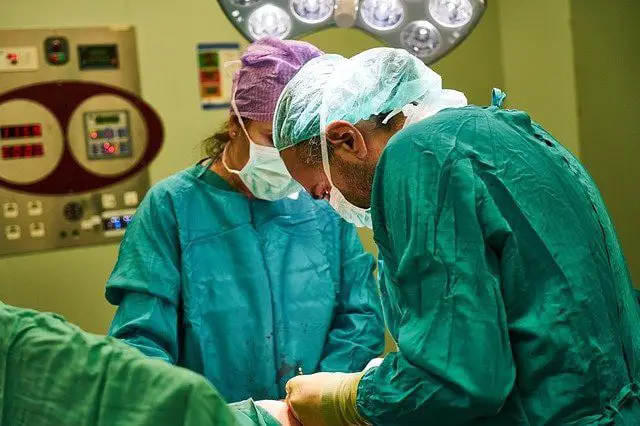
Surgery is usually only an option after other treatments have failed.
Generally, at least a three-month trial of other treatment options is suggested before considering surgery. However, for a few people with certain jaw structure problems, it’s a good first option.
iii.) Surgical Options Might Include:
- Tissue removal. During this procedure (uvulopalatopharyngoplasty), your doctor removes tissue from the rear of your mouth and top of your throat. Your tonsils and adenoids are usually removed as well. This type of surgery might be successful in stopping throat structures from vibrating and causing snoring. It’s less effective than CPAP and isn’t considered a reliable treatment for obstructive sleep apnea. Removing tissues in the back of your throat with radiofrequency energy (radiofrequency ablation) might be an option if you can’t tolerate CPAP or oral appliances.
- Tissue shrinkage. Another option is to shrink the tissue at the rear of your mouth and the back of your throat using radiofrequency ablation. This procedure might be used for mild to moderate sleep apnea. One study found this to have effects similar to that of tissue removal, but with fewer surgical risks.
- Jaw repositioning. In this procedure, your jaw is moved forward from the remainder of your face bones. This enlarges the space behind the tongue and soft palate, making obstruction less likely. This procedure is known as maxillomandibular advancement.
- Implants. Soft rods, usually made of polyester or plastic, are surgically implanted into the soft palate after you’ve received a local anaesthetic. More research is needed to determine how well implants work.
- Nerve stimulation. This requires surgery to insert a stimulator for the nerve that controls tongue movement (hypoglossal nerve). The increased stimulation helps keep the tongue in a position that keeps the airway open. More research is needed.
- Creating a new air passageway (tracheostomy). You may need this form of surgery if other treatments have failed and you have severe, life-threatening sleep apnea. In this procedure, your surgeon makes an opening in your neck and inserts a metal or plastic tube through which you breathe. You keep the opening covered during the day. But at night you uncover it to allow air to pass in and out of your lungs, bypassing the blocked air passage in your throat.
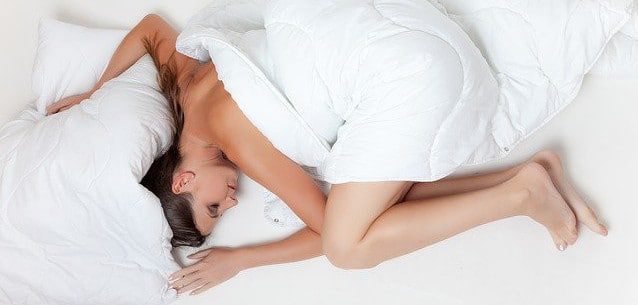
iv.) Lifestyle Changes and Home Remedies
- Don’t smoke. If you’re a smoker, look for ways to help you to quit.
- Sleep on your side or stomach rather than on your back. Sleeping on your back can cause your tongue and soft palate to rest against the back of your throat and block your airway. To keep from rolling onto your back while you sleep, try attaching a tennis ball to the back of your pyjamas. There are also devices that vibrate when you roll onto your back when you are sleeping.
- weight loss. Even a small amount of weight loss can help to relieve the constriction of your throat. In some cases, sleep apnea can resolve if you return to a healthy weight, but it can reoccur if you put the weight back on.
- Exercise. Regular exercise can help ease the symptoms of obstructive sleep apnea even without weight loss. Try to exercise for 30 minutes a day, such as doing a brisk walk or some cardio, 4/5 days of the week.
- Avoid alcohol and certain medications such as tranquillizers and sleeping pills. These relax the muscles in the back of your throat, interfering with breathing.
V.) Natural Remedies for Sleep Apnea
Lavender
Lavender oil is an aromatic oil extracted from the beautiful flowers of lavender that helps to relax and achieve one’s much-needed sleep. Lavender has calm and soothing effects, which help you to get off to sleep. Just pour a few drops of lavender oil on your pillow and pyjamas at night or you can simply prepare lavender tea by combining two teaspoons of dried lavender buds with milk and drinking it before hitting the sack. This works as a tonic and will surely help you with your sleeping disorder.
Green Tea
Green tea is packed with antioxidants that help your brain function properly, this can indirectly treat your sleep apnea. Green tea contains polyphenols, which counteract oxidative stress that occurs in the brain. Green tea is also known as one of the best beverages for treating health problems. Polyphenol is an active ingredient available in green tea that combats free radicals in your body and plays a key role in preventing obstructive sleep apnea.
My Final Thoughts
Sleep Apnea can be a very dangerous condition if left untreated. It can also cause other problems, Such as depression, stroke, high blood pressure, and a higher than normal chance you may be involved in a car accident, due to lack of sleep.
My husband suffers from a mild form of this condition. He has lost some weight and the episodes are getting less and less, which is a great relief.
I wish to thank you for taking the time out of your busy day to read this article. If, you have a question or a comment then please feel free to leave it below. I love to hear from you all and I will get back to you.
If, you know anyone else who would benefit from reading this then please feel free to share it using the social media buttons at the bottom of this article.
Take great care of yourself because you are worth it.
Article Originally Written By Lisa Harvey for HealthyMindHealthyPeople.com
Please speak to a doctor before taking matters into your own hands.
Everyone is different and what works well for one may not necessarily work for another.
This post is not intended to diagnose or treat you in any way. It’s for information purposes only. I’m not a medical professional.
Sign Up To My Email List if you would like to be kept up to date with new posts and for cool bonuses incl. my new EBook
Also, check out some of our recent posts…
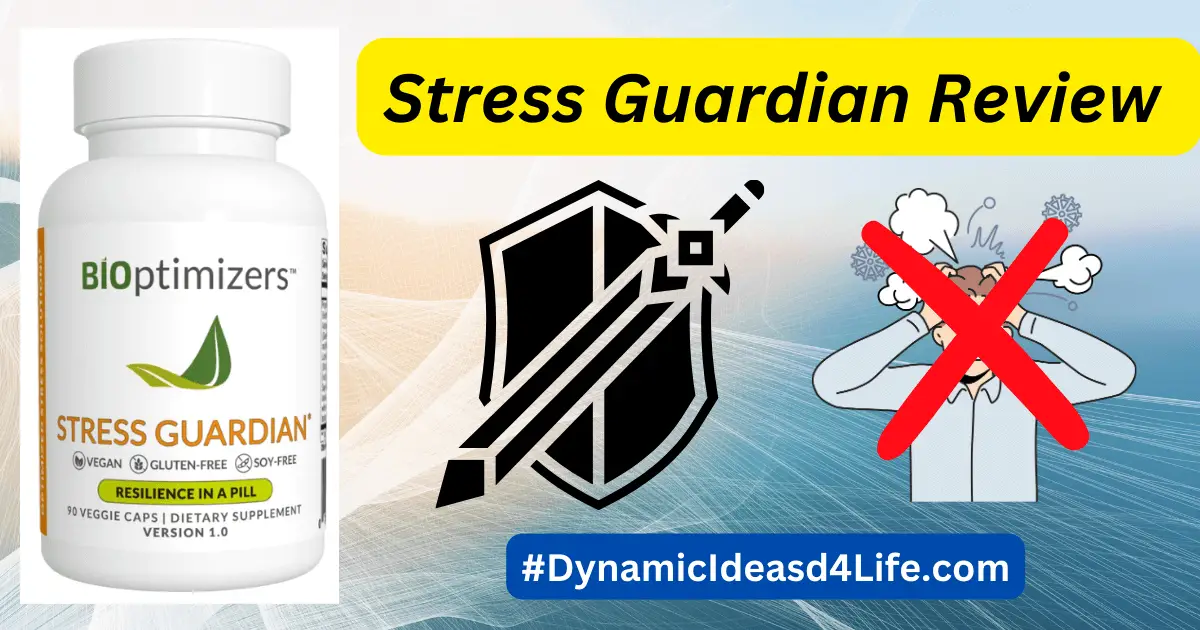



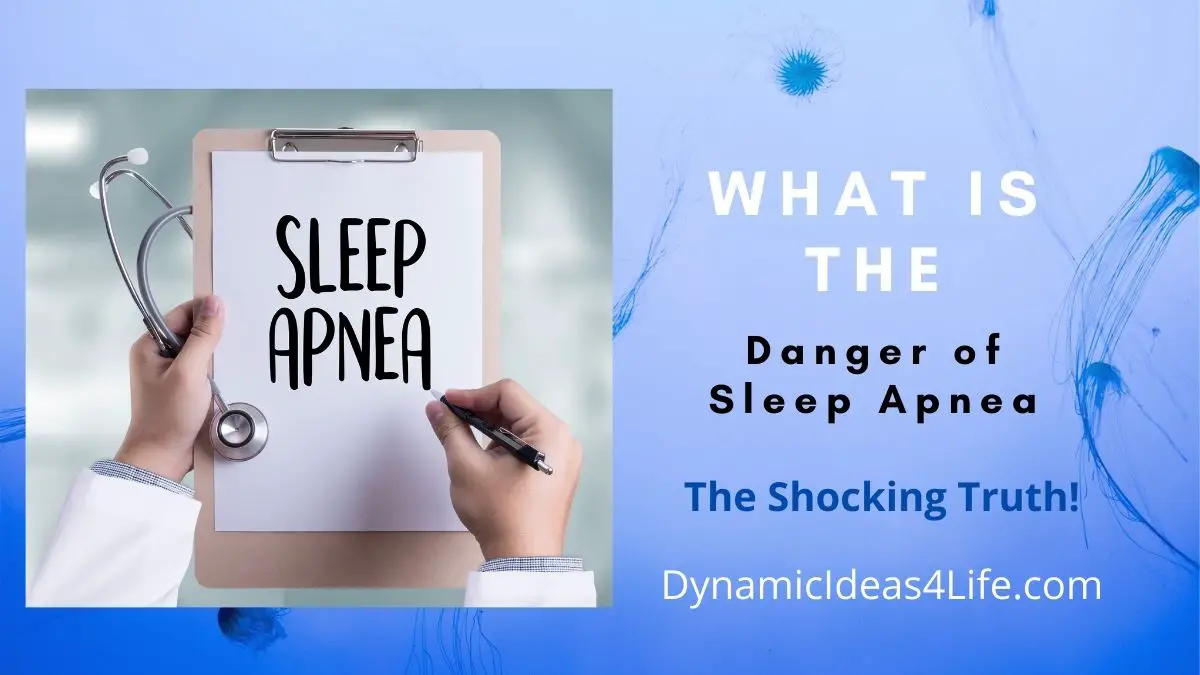
Hi Alex, fascinating article. As a nurse, I can relate to it very much! I have experienced many people with sleep apnea. I myself have problems sleeping, but I think it is caused by working night shifts for decades.
I believe that it is a lifestyle problem when people can’t sleep. Also, most cities are air and noise polluted, which is not beneficial for people. Drinking lavender tea is very good, making us calm and sleepy. Drinking alcohol or coffee very late is not a good habit, especially if someone drinks wine because too much sugar spikes the insulin. If someone drinks a glass of wine, it is better to enjoy some protein with the wine, like cheese. Our eating habits are influencing our sleep. Thank you very much for your great article! I enjoyed it very much!:)
Hi Sylvia, Thanks again for another very detailed comment. I think everyone has trouble with sleep at some stage or another. What you say about doing shift work, from what I can gather, this can wreak havoc on our sleep cycles. I’ve had a bit of practice with trying to synchronise with my body clock it does seem to me that if I do it properly. Go to bed basically when my body tells me to at around half 10-11 I can fall asleep within minutes. I managed to do this a few months back for a couple of weeks where I was also waking up fairly early as well. It made me think about the circadian rhythm and that most people aren’t fully in tune with their proper sleep rhythms.
I suppose when you think of the likes of monks and nuns that go to sleep and wake up every day around the same time like clockwork it’s quite fascinating. Like how don’t they really suffer from degenerative conditions like Alzheimer’s and Dementia? Also, how is it that these kinds of people seem to have a lot longer lives than everyone else? Perhaps it is to do with their sleep patterns I wonder. It would explain a lot I think.
Plus getting back to the main topic I wonder how many monks and nuns suffer from sleep apnea? If they don’t that is quite an interesting thought – a large percentage of the human population suffer from sleep apnea but if these groups don’t… Could the answer be to do with the body being out of sync with the circadian rhythm or body clock?